It’s starting to feel like déjà vu for anyone who’s been camping the NSW coast for a few decades. Once again, National Parks and Wildlife Service (NPWS) has cooked up a “trial” that quietly moves ordinary campers out of the picture, this time by letting private businesses lock in sites a full six months earlier than the public.
Under the plan, NPWS will hand commercial operators long-term licences at 23 campgrounds across 16 national parks. From Murramarang’s Depot Beach to Mimosa Rocks’ Picnic Point. These operators will be able to pre-book sites 12 months in advance to run “supported camping” packages with ready-made tents, caravans, gear hire, and even meal setups. The rest of us get to join the queue half a year later and hope there’s anything left.
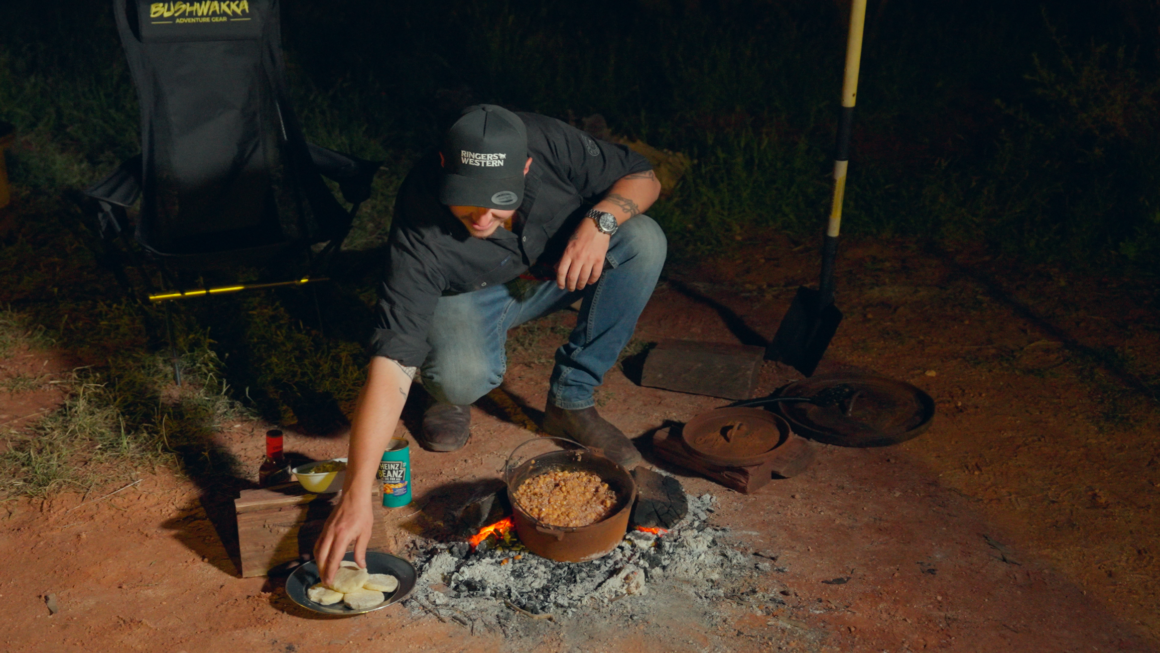
The Great Accessibility Excuse
According to NPWS, the move is about “accessibility”, citing a survey saying 62% of adults are open to camping and 10% of those have never done it. Apparently, the solution is to let private businesses charge newcomers for a “turnkey camping experience.”
That’s not accessibility, that’s privatisation dressed up as inclusivity. If NPWS genuinely wants to help first-timers, it could run gear-loan programs, ranger-led intro weekends, or build new campgrounds specifically for supported camping. Instead, it’s slicing up existing public sites and reserving them for those who can afford to pay extra.
Public Land, Private Profit
Let’s call it what it is: a quiet handover of public land to commercial interests. No one knows how many sites are being leased, how pricing will be regulated, or what accountability exists when profit becomes the priority. Once operators are embedded, do you really think NPWS will pull them out if it means losing revenue?
We’ve seen this playbook before, creeping commercialisation under the guise of “enhancing visitor experience.” The problem is, once you monetise access, you change the very thing people come for. These campgrounds aren’t boutique retreats; they’re part of the public commons, the last places you can still roll out a swag by the ocean without taking out a loan.
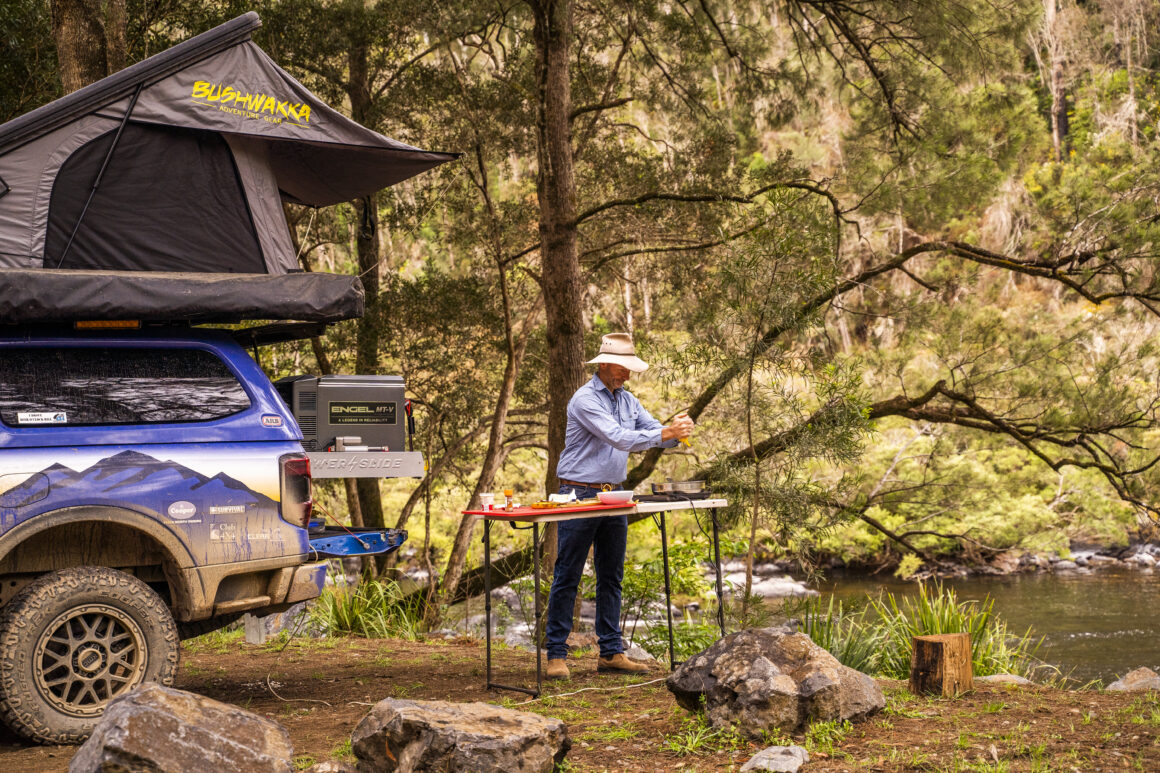
Equity? Don’t Bet On It
This trial creates a two-tier system, one for those with the means to book a catered campsite, another for everyone else trying to squeeze into whatever’s left. It’s tone-deaf, especially after NPWS already hiked camping fees earlier this year.
If they truly cared about “access,” they’d be expanding capacity, not clawing it back. Build new sites. Fix the ones that have fallen into disrepair. Make camping affordable again instead of selling it as a lifestyle product.
The Bottom Line
This is a public system sliding into a user-pays theme park model. The wilderness that belongs to every Australian is being sliced into commercial parcels, all while National Parks calls it progress. The agency might think it’s helping newbies, but to those who’ve spent generations exploring these parks, it just feels like another step toward locking ordinary people out.
If NPWS really wants more people to experience the bush, it should start by keeping it public, keeping it simple, and keeping it fair, not handing it over to the highest bidder with a business plan. Because once public land goes commercial, it rarely comes back.



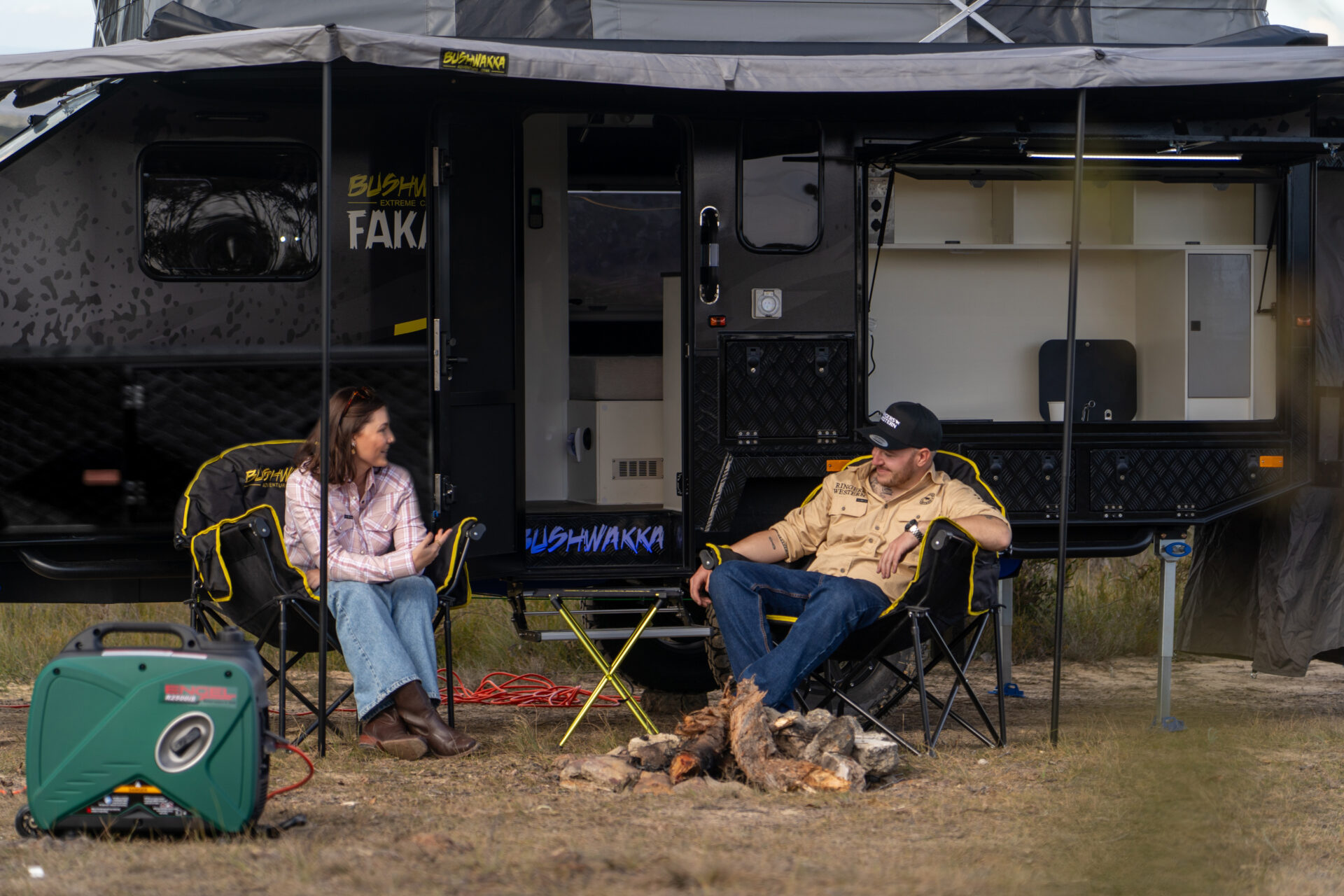
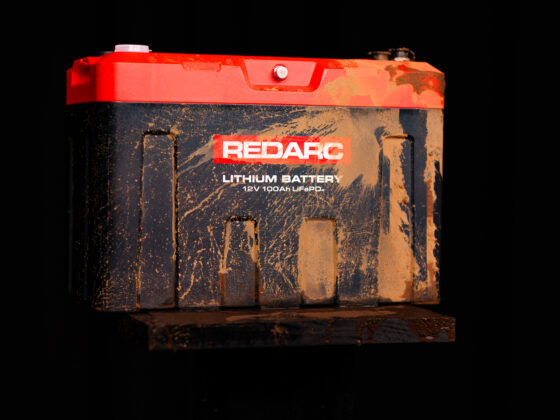
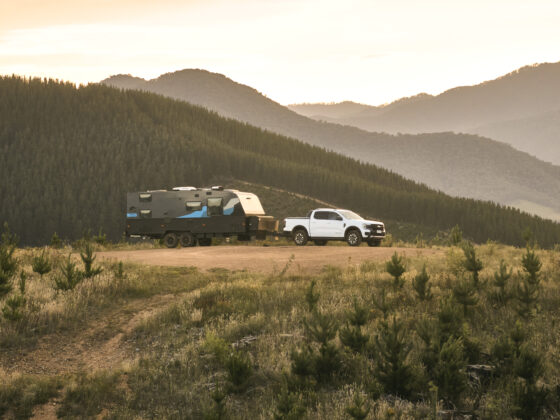







22 comments
I believe National Parks, belong to the people, not the political parties to do with what they want to make money. People should be before profit. This will end up the same as the toll roads.
SHAM,SHAME ,SHAME.
The same for Crown Land, Reflections Holiday parks situated on Crown lands are making huge money on land that is owned by the people of NSW and are charging a premium to use it. The whole system of public land access needs to be looked at for the use of all Australians at a fair price
Can someone start a petition. I am ready to sign it and I am sure many others are too.
How do the people that make these decisions live with themselves? This is not using public land for the public. This is using public land for private business interests. I hope the people that thought up this idea are named and shamed. Ah well perhaps I will just stay in Queensland where our people have more sense.
Giving priority of public land to businesses will just encourage people to camp illegally. Vegetation destruction will increase by people that are forced to camp illegally and ruin it for everyone else. The mighty dollar rules everything 😡
HIPCAMPS.
Again we have those responsible for managing the people’s assets, giving control over those public camping grounds to private operators. Privatisation never works out to benefits the community, it only benefits the operators. Say no to this proposal!
If their plan gets passed without public consultation, I can see some irate banned campers burning the whole park! The government will be to blame!
Shame shame shame. Stealing public land and selling it to the highest bidder again. I hope it all turns into a giant turd in a handbag for the thieving mongrels.
This is the end of nature based camping !
Beginners should camp in a caravan park
real bush camping only suits people who seek natural experiences and the inconveniences incurred
Just hand the national parks back to original owners and stay in a motel
Back in the Skippy days you could camp for free, fish and gather deadwood for your BBQ or fireplace. Lots of Happy Aussies and lot less wildfires . NP should remain for the people and even revert back to the days of plenty 😉
The camping public of Australia needs to protest fiercely against this initiative. Aside from excluding campers without the means to pay top dollar to access public land, all the small towns & businesses near campsites will miss out on the revenue from campers. The proposed model means private operators will have in house’ dining & leisure activities, effectively cutting out small town businesses livelihoods.
Let your local MP know NOW this is a bad idea!!
more rules more lock ups more cost
No guessing who these “groups “ booking out the whole lot ate
Agree with @Stephen Trinka, where’s the petition, it’s the only chance to at least try to stop this
Why not just put up more locked gates unlease you have a deep pockets to pay.
Where do we protest .
They will have to build camps large enough to make a profit. These are the type of camp we do not want.
I’m really glad this BS is affecting 4WD & campers now, because I’m a fisherman in NSW. Blue groper are thriving in NSW, but because two fools broke the existing 50 year old laws and posted on social media, it’s now illegal to fish for groper in NSW. New bag limits for flathead – Fisheries own science shows in NSW dusky flathead are thriving and not threatened at all by commercial or recreational impacts. Because Qld & Vic have smaller bag limits & slot sizes – NSW fisheries brought both here – “to bring NSW into line”. Supposedly it was “social pressure” to do this.
As way of protest, we all must boycott these Nat. Parks sites until they go broke and return to what they should be — places for the people, not money grabbing opportunities.
Another example of faceless, tin badge wearing, do gooding bureaucrats throwing their weight around in the name of “inclusivity”. If the snowflakes want a delux camping experience without the hassle, try a motel in the bush.
We should just not go to the national parks anymore. Don’t know if will make that much difference, but it’s something. We have a dog, so can’t go to them anyway.
Go to your local member, get that petition started. I believe it has to be done from within NSW, but ensure the petition is inclusive to people living in all other States.